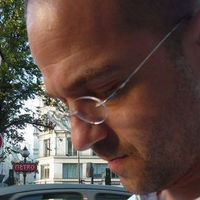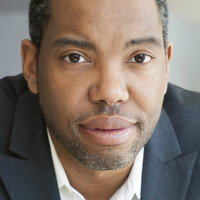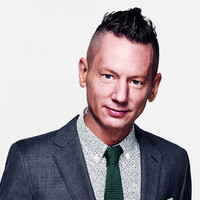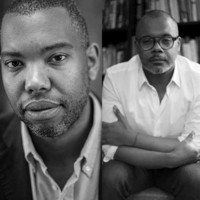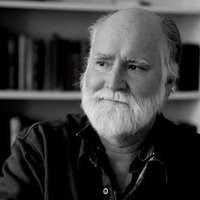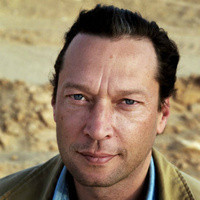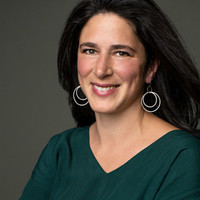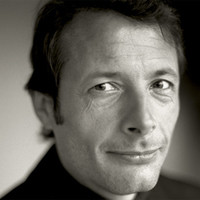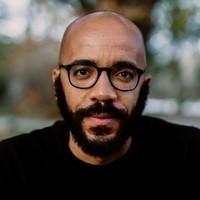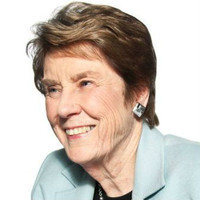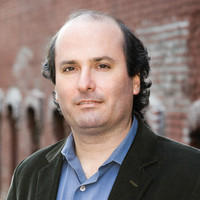Gideon Lewis-Kraus is the author of A Sense of Direction.
"My best friend, who is a fiction writer, she once said to me that she saw a lot of the things I was doing as 'wring tenderness from absurdity.' That wouldn't have occurred to me to put it that way, but that does seem to me [what] I like to do ... I am someone who can very easily be dismissive, or even contemptuous. And one of the things I like about reporting a story, particularly reporting a story that is ultimately, counterintuitively, positive, is that it gives me a chance to work through that, and be the more tender, sympathetic person that I would like to be in real life."



